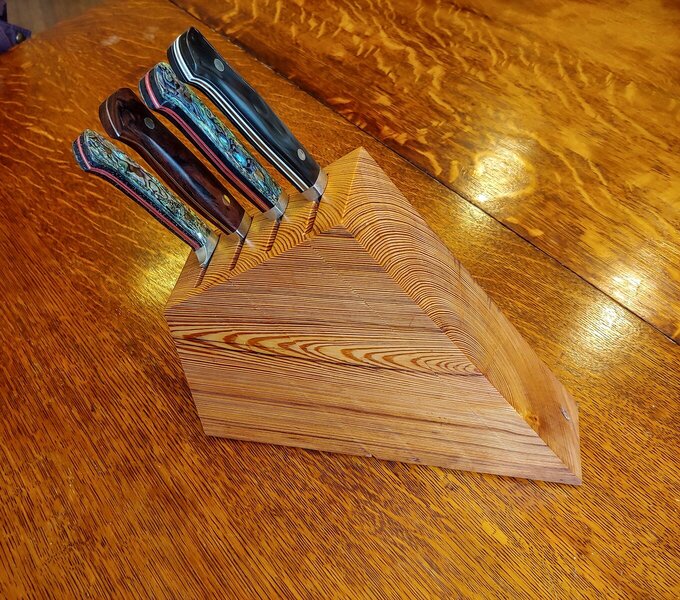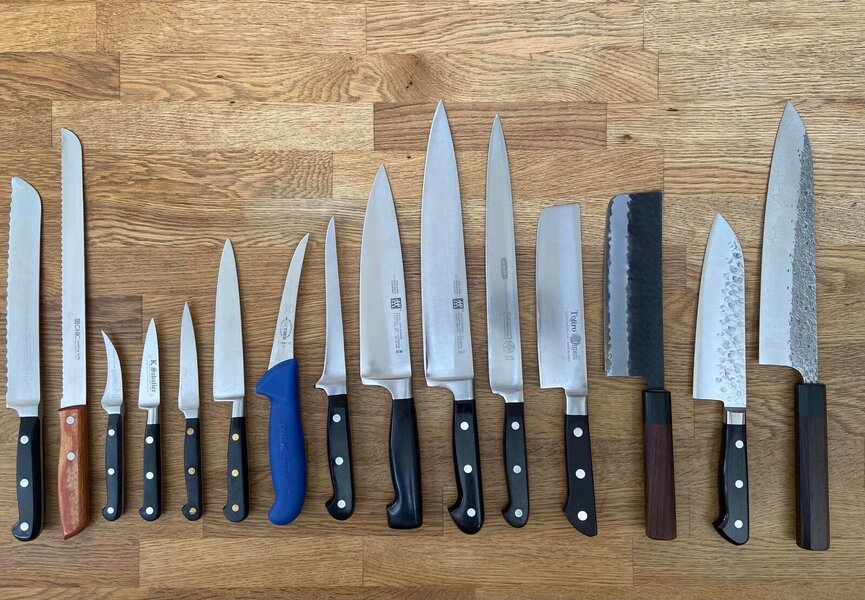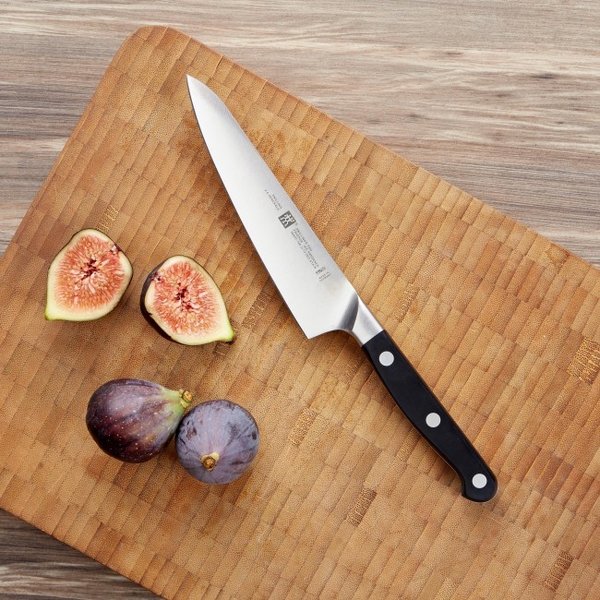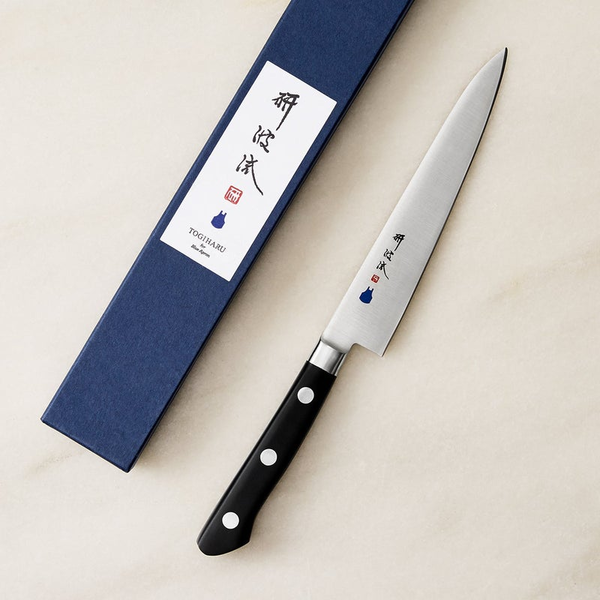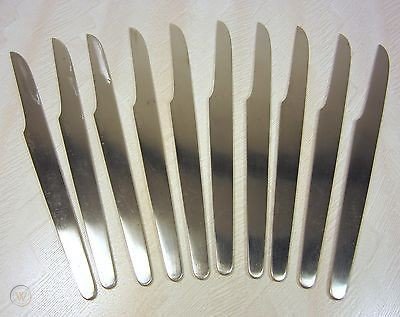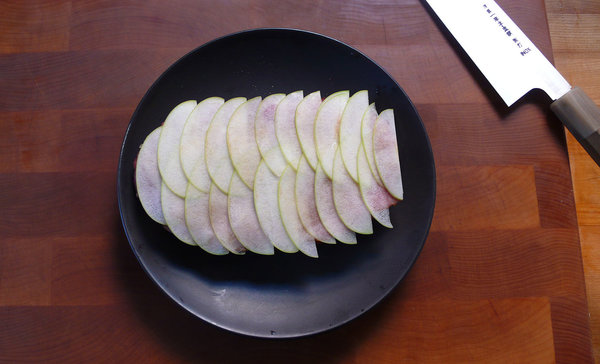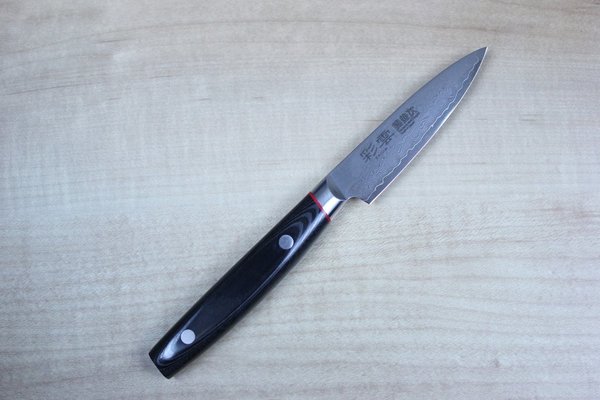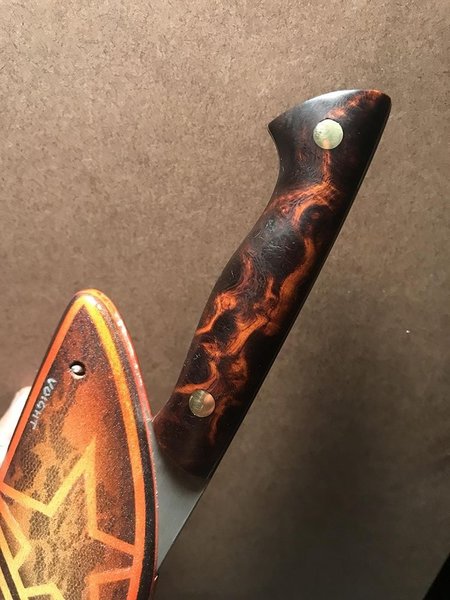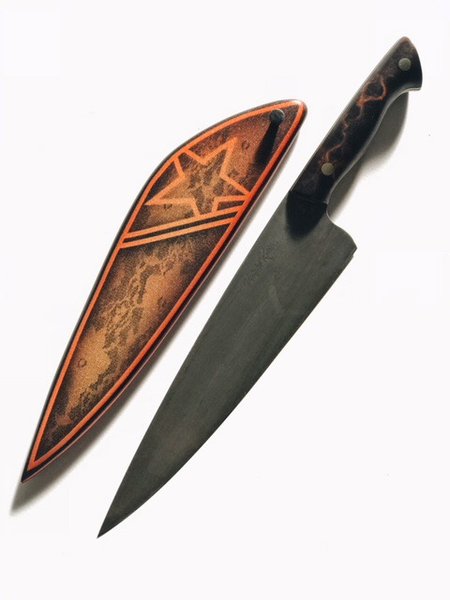ghulkhan
Distinguished Member
- Joined
- Sep 23, 2006
- Messages
- 3,139
- Reaction score
- 2
so you shouldnt wash and clean your knives after using them? how should one clean them just with a towel or something?
http://www.williams-sonoma.com/produ...?pkey=ccutkajb
is that a good price for some?
http://www.williams-sonoma.com/produ...?pkey=ccutkajb
is that a good price for some?





